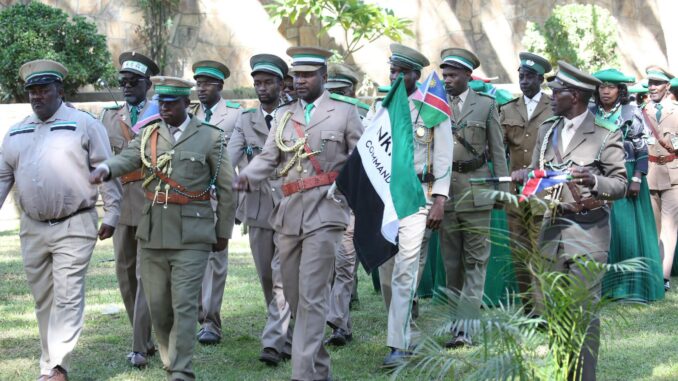
In a solemn and historic moment, Namibia marked its inaugural Genocide Remembrance Day on May 28, 2025, honouring the memory of more than 100,000 Ovaherero and Nama lives extinguished during the brutal campaign of extermination waged by German colonial forces between 1904 and 1908.
Held in the capital, Windhoek, the commemoration was led by President Netumbo Nandi-Ndaitwah, who offered a poignant reckoning with the past, denouncing the genocide as a crime against humanity and a stain that continues to demand justice, remembrance, and redress.
President Nandi-Ndaitwah spoke with gravity and grace, invoking the suffering of those who perished in concentration camps and the indignities endured by survivors. She recalled the grotesque act of shipping human remains to Europe for pseudo-scientific research—a wound still felt in the national psyche. Yet, amid the pain, she urged unity and resilience, calling on affected communities to continue pursuing reparative dialogue with the German government. Acknowledging Berlin’s official apology, the president admitted that consensus on reparations remains elusive, but expressed cautious optimism for a just outcome through continued engagement.
The establishment of Genocide Remembrance Day follows years of national consultation and parliamentary advocacy, culminating in the choice of May 28—a day etched in sorrow as the date when German colonial authorities ordered the closure of concentration camps in 1907. The event drew hundreds, including descendants of the victims, government officials, and members of the diplomatic corps. Candles were lit, traditional garments donned, and ancestral voices invoked. More than a ceremony, the day stood as a collective pledge: that Namibia will not forget, will not be silenced, and will continue to confront its colonial past with dignity and unwavering resolve.
